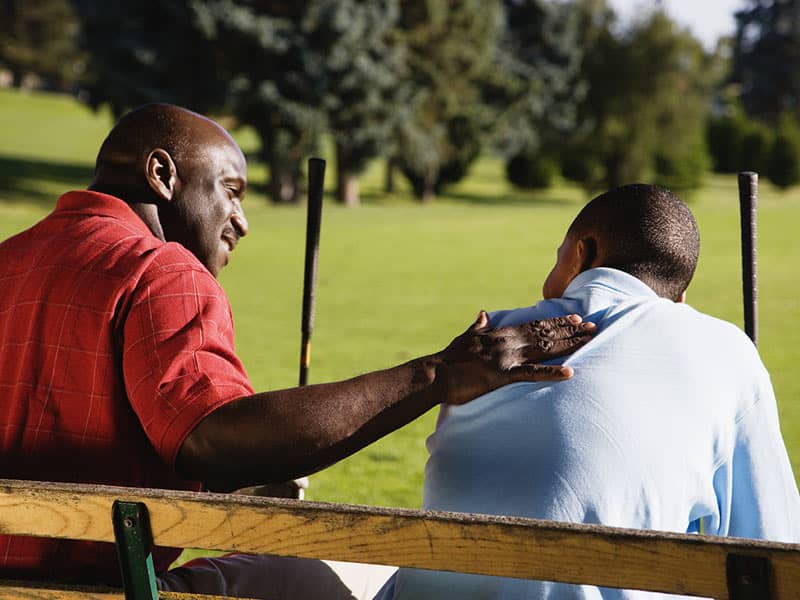 For many people, homeschooling means socially clumsy kids being fed
textbook materials by an over-possessive mother. But for Susannah and Taran
Stucchio, homeschooling means field trips, loose schedules, and a lot of
discovery.
The two Mount Vernon, N.J., students have been homeschooled for most of the
past 10 years. Before starting second grade, Susannah, now 16, was given the
choice of being homeschooled or going to public school. Her older brother
was having trouble in his public school classes, and her mom thought homeschooling would prevent the same problems from happening with her daughter.
Susannah, a kayaker and rock climber, chose homeschooling and has never
regretted it.
Twice a week a tutor visits the Stucchios, and their mother fills in by
teaching English and social studies.
Susannah likes the freedom of her schedule. "I don't have to stick to
someone else's schedule. I can make my own and have it fit around what I
really want to do," she said.
Taran, a kayaker as well, agreed. "I don't have to do everything at one
time," the 11-year-old said. "I can spread it out. I also have the time,
if I want, to stop the schoolwork that I'm doing, just take a bike ride or
go for a walk."
"It helps you learn to take responsibility for your own education without
being dependent on some higher authority figure to do it for you," added
Susannah, who's not sure if she's going to college. Her brother is planning
on studying botany when he gets older. "I'm really interested in plants," he
said. "You can find so many ways to make them beautiful."
Susannah and Taran, both brown belts in karate, do follow some guidelines.
They file school records through a "home-based education plan" sent from
Michigan. To graduate high school, Susannah needs 22 credits at 180 hours
per credit. Besides having to keep track of credits, Susannah and Taran also
take the California Achievement Test.
Just like in public school, there are required classes like English, math,
and science. They do physics and chemistry labs in a classroom-like setting.
"But then there's nine electives, which you actually get to choose however
you want," Susannah said. "I got three already in music, and I have two in
kayaking."
For many people, homeschooling means socially clumsy kids being fed
textbook materials by an over-possessive mother. But for Susannah and Taran
Stucchio, homeschooling means field trips, loose schedules, and a lot of
discovery.
The two Mount Vernon, N.J., students have been homeschooled for most of the
past 10 years. Before starting second grade, Susannah, now 16, was given the
choice of being homeschooled or going to public school. Her older brother
was having trouble in his public school classes, and her mom thought homeschooling would prevent the same problems from happening with her daughter.
Susannah, a kayaker and rock climber, chose homeschooling and has never
regretted it.
Twice a week a tutor visits the Stucchios, and their mother fills in by
teaching English and social studies.
Susannah likes the freedom of her schedule. "I don't have to stick to
someone else's schedule. I can make my own and have it fit around what I
really want to do," she said.
Taran, a kayaker as well, agreed. "I don't have to do everything at one
time," the 11-year-old said. "I can spread it out. I also have the time,
if I want, to stop the schoolwork that I'm doing, just take a bike ride or
go for a walk."
"It helps you learn to take responsibility for your own education without
being dependent on some higher authority figure to do it for you," added
Susannah, who's not sure if she's going to college. Her brother is planning
on studying botany when he gets older. "I'm really interested in plants," he
said. "You can find so many ways to make them beautiful."
Susannah and Taran, both brown belts in karate, do follow some guidelines.
They file school records through a "home-based education plan" sent from
Michigan. To graduate high school, Susannah needs 22 credits at 180 hours
per credit. Besides having to keep track of credits, Susannah and Taran also
take the California Achievement Test.
Just like in public school, there are required classes like English, math,
and science. They do physics and chemistry labs in a classroom-like setting.
"But then there's nine electives, which you actually get to choose however
you want," Susannah said. "I got three already in music, and I have two in
kayaking."
Susannah has a few other criticisms of public schools. "They're all cracking down and saying, 'Oh, we need to get higher test scores.' All they want to do is lengthen the time in school and make you sit down more." Susannah added, "If you do the opposite thing and relax and let kids really just experience the classes and go to what they're interested in, I think that they'll succeed more."

